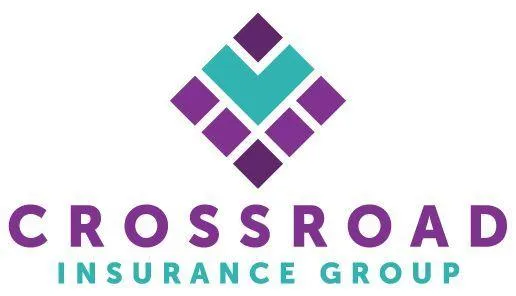Expert Insurance Advice | Compare lowest plans available now | Call 512-361-1801
Individual and Family
Health Insurance Plans
Individual & Family Health Insurance Plans
At Crossroad Insurance Group, we offer a diverse range of health insurance plans designed to meet varying needs and preferences. Each plan provides distinct benefits and considerations, allowing you to choose the one that best suits your personal and family health requirements.
What is the Affordable Care Act?
The Affordable Care Act (ACA) provides coverage to individuals and families who do not have access to employer-sponsored insurance and/or are not eligible for government programs. These include doctors' services, inpatient and outpatient hospital care, prescription drug coverage, pregnancy and childbirth, mental health services, and more.
Health Maintenance Organization (HMO) Plan
HMOs are known for their lower premiums. However, this cost-saving comes with limitations. HMO members are restricted to a specific network of healthcare providers. To see specialists, you typically need a referral from your primary care physician. While this might seem restrictive, HMOs often excel in preventive care, offering wellness programs and routine checkups at little to no cost.
Preferred Provider Organization (PPO) Plans
PPOs provide more flexibility than HMOs. You have a broader network of healthcare providers to choose from, and referrals aren’t always required to see specialists. This freedom comes at a price – PPO premiums tend to be higher than HMO premiums. Additionally, while you can see out-of-network providers, you’ll typically pay more out-of-pocket.
Exclusive Provider Organization (EPO) Plans
EPOs sit somewhere between HMOs and PPOs. Like HMOs, EPOs have a limited network of providers, and referrals are usually needed for specialist care. However, EPOs often offer a slightly wider network than HMOs. Similar to HMOs, EPOs generally have lower premiums compared to PPOs.
Point of Service (POS) Plans
POS plans offer a hybrid approach, combining elements of HMOs and PPOs. You have a designated primary care physician and a network of preferred providers. You can also access out-of-network providers but expect to pay more. POS plans provide a balance of flexibility and cost-effectiveness.
High Deductible Health Plan (HDHP)
HDHPs offer lower monthly premiums but come with significantly higher deductibles. This means you’ll pay more out-of-pocket for medical expenses before your insurance kicks in. To offset these higher costs, HDHPs are often paired with Health Savings Accounts (HSAs), which allow you to save pre-tax dollars for qualified medical expenses.
Indemnity (Fee-for-Service) Plans
Indemnity plans give you the most freedom to choose your doctors and hospitals. You pay for services upfront and then submit claims to your insurance company for reimbursement. While offering maximum flexibility, these plans often come with higher premiums and require more paperwork from you.
HSA Health
HSA Plans are tax-advantaged savings accounts designed to help individuals with high-deductible health plans (HDHPs) save for and pay for qualified medical expenses. Contributions to an HSA are made with pre-tax dollars, reducing your taxable income, and the funds can be used to cover a wide range of healthcare costs.
Short Term Plans
Temporary health insurance for up to 4 months of coverage in a 12-month period. Apply any time of year. Short term plans are medially underwritten and do not cover preexisting conditions.
National PPO Plans through Survey Companies
These plans give you access to real health coverage—think doctor visits, hospital care, and telehealth—through trusted PPO networks without the high costs of traditional insurance. It’s offered through various research companies, where you join as a “research associate” (no labs or needles—just simple wellness check-ins or surveys). In return, you get affordable, flexible health benefits designed to fit your lifestyle, not drain your wallet.
Start saving on your health insurance now.
© Copyright 2025 All Rights Reserved



Facebook
Instagram
LinkedIn